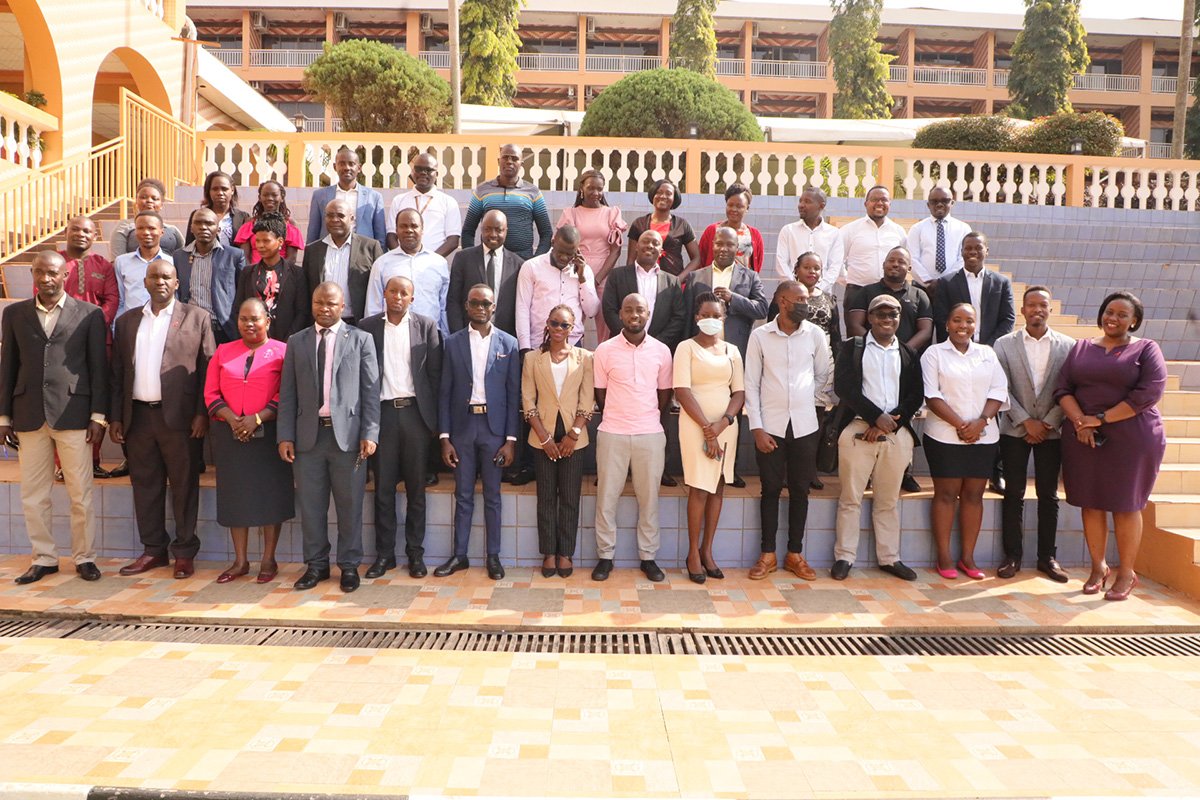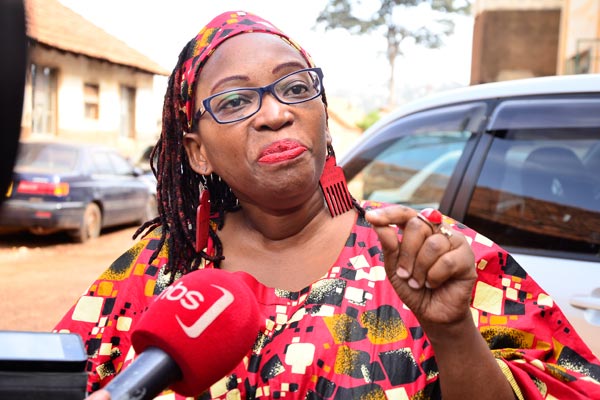Uganda’s business environment was severely impacted by the COVID-19 global pandemic, which reversed gains in capital growth and opened up financing gaps.
To enhance the capacity of lenders to find alternative ways of providing capital for mostly micro, small and medium enterprises (MSMEs), the Uganda Registration Services Bureau (URSB) and the Uganda Microfinance Regulatory Authority (UMRA) have initiated training targeting money lenders and non-deposit taking institutions to support their efforts in offering capital for businesses using movable property.
URSB runs the Security Interest in Movable Property Registry System (SIMPO), an online registry that allows the use of movable property as collateral to secure loans from licensed lenders.
The two-day training targeting a wide range of stakeholders in the financial services sector focuses on availing a sustainable path for them to advance funds for private business capitalization and investment whilst fostering growth and reduce poverty.
Speaking at the sensitization workshop, Alex Anganya, Deputy Registrar General of URSB, said, “As URSB, we believe it is not only enough to register businesses. We are also working on ways to address the needs of Uganda’s entrepreneurs. We are very pleased to partner with UMRA in this training, enabling us to increase our support to small businesses with viable options to increase their capital using their movable properties through our SIMPO registry.”
Movable assets include crops, equipment, vehicles, intellectual property assets, and other items owned by individuals and small business owners – different from land, which most financial institutions require as collateral for loans.
Additionally, the training is intended to support money lenders make priority for female-led enterprises as a support mechanism to encourage their sustenance.
Although Ugandan women own about 40 percent of their country’s private enterprises, they represent only 9 percent of credit.
A major barrier facing women entrepreneurs is their limited ownership of land, which banks usually require as collateral. They also have little access to financial management training and often lack experience in dealing with financial institutions.
The training seeks to address these issues by finding innovative ways to provide loans to women using their movable property and covers requirements and processes, financial literacy, and networking as well as mentoring.
“I have greatly benefited from sensitisation program, especially on how to use the SIMPO registry,” said Julia Mpanga, one of the women who participated in the training.
“I am now better equipped with information on how to lend against movable properties to grow my business. The networking and sharing of experiences with fellow lenders in business has been invaluable. I thank URSB and UMRA for this initiative.”
Giving MSMEs access to credit and increasing their economic power is also more likely to translate into improved livelihoods for a wide cross-section of society, and women entrepreneurs are more likely to employ other women. URSB is providing weekly training to help people access and use the SIMPO system.

















